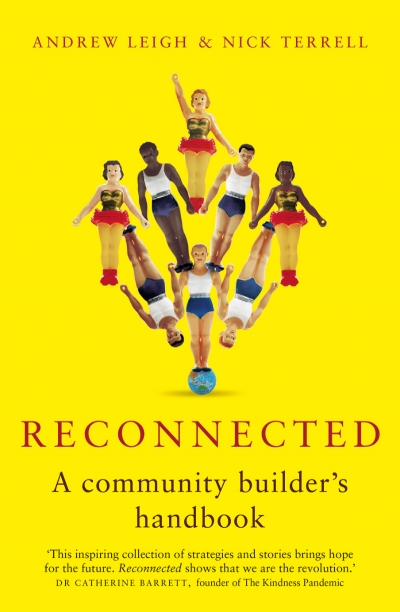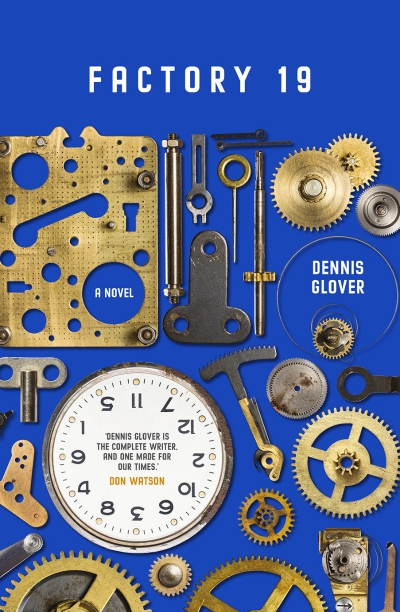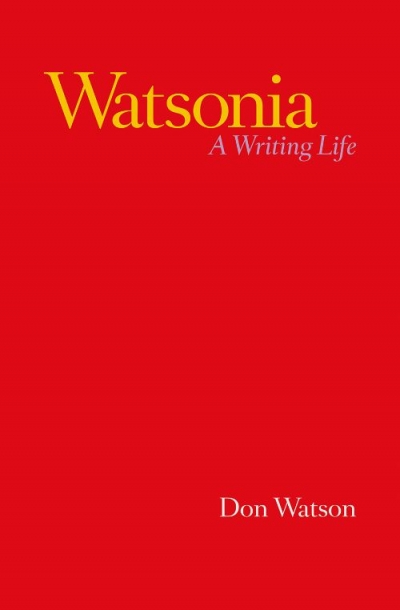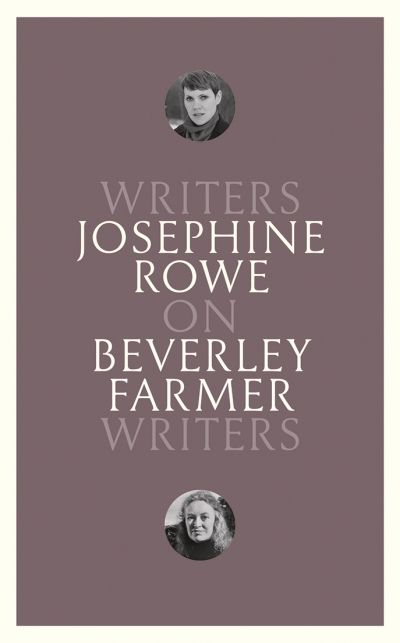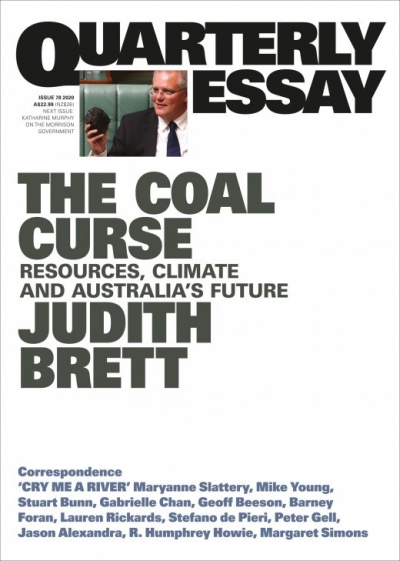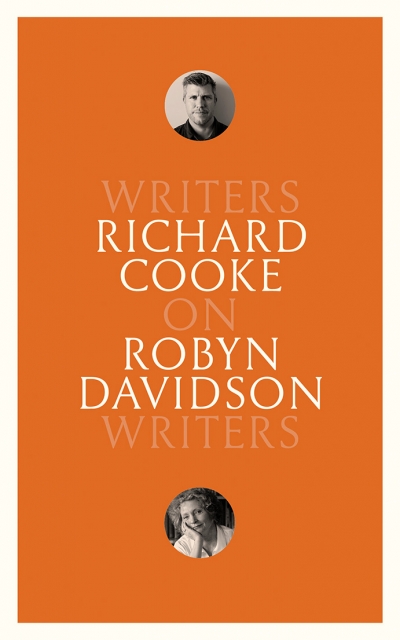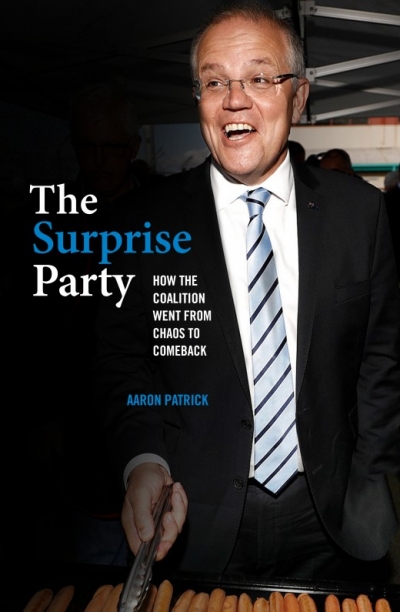Black Inc
Reconnected: A community builder’s handbook by Andrew Leigh and Nick Terrell
Besides a capacity to write well, critics need to be well-informed. I sometimes get exasperated by reviewers without sufficient expertise in the topics they are considering. On the other hand, academic pedantry can also be off-putting, particularly when couched in a clunky style. In general, I’ve found the most memorable pieces to be those which say something about the reviewer as well as the author under review, like portraits which work through a kind of double vision, offering insights into the painter as well as the sitter. There was a very good essay on Les Murray by J.M. Coetzee in the New York Review of Books a few years ago which had this double-edged quality.
... (read more)The Coal Curse: Resources, climate and Australia’s future (Quarterly Essay 78) by Judith Brett
On Robyn Davidson: Writers on Writers by Richard Cooke
Four auspicious début collections by Mandy Beaumont, Dominic Carew, Wayne Marshall, and Sean O'Beirne
The American writer Jack Matthews had no time for what he called ‘a discontent’ with the brevity of the short story. ‘Ask a coral snake,’ he declared, ‘which is as deadly as it is small.’ The claim for ‘deadliness’ certainly applies to four recent début collections; in the tight spaces of the short story, each one presents confronting ideas about contemporary Australia.
... (read more)Three recent début novels employ the genre of the Bildungsroman to explore the complexities of female experience in the recent historical past. Anna Goldsworthy, widely known and admired as a memoirist, essayist, and musician, has now added a novel, Melting Moments (Black Inc., $29.99 pb, 240 pp), to her list of achievements.
... (read more)
